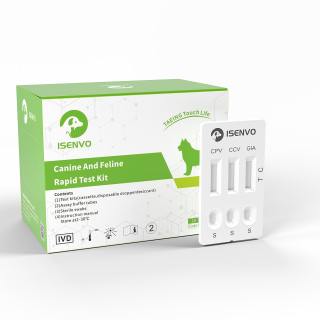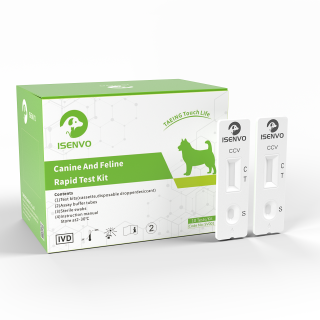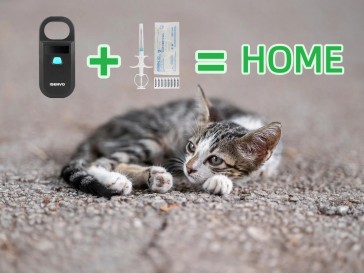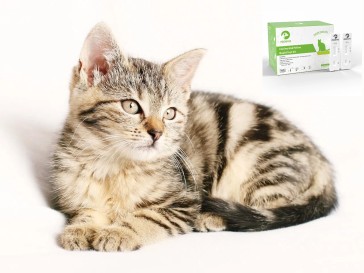As a responsible pet owner, understanding common canine diseases and their prevention is crucial for your furry friend’s well-being. Canine Coronavirus (CCV) is a highly contagious virus that primarily affects a dog’s digestive system. While it is not zoonotic (cannot spread to humans), it can cause significant discomfort and, in severe cases, life-threatening complications—especially in puppies, senior dogs, or immunocompromised pets.
This article explores how CCV affects dogs, its transmission, symptoms, and effective prevention measures to keep your pet safe.
What Is Canine Coronavirus (CCV)?
CCV is an intestinal virus that infects dogs, leading to gastrointestinal distress. Unlike SARS-CoV-2 (which causes COVID-19 in humans), CCV is species-specific and only affects canines. However, it is highly contagious among dogs, particularly in high-density environments like kennels, dog parks, and shelters.
How Is CCV Transmitted?
CCV spreads through:
✅ Fecal-oral route – Dogs contract the virus by sniffing or ingesting contaminated feces.
✅ Contaminated objects – Shared bowls, toys, bedding, or grooming tools can harbor the virus.
✅ Direct contact – Close interaction with infected dogs (licking, playing, or sniffing).
✅ Crowded spaces – Boarding facilities, doggy daycares, and pet stores increase exposure risk.
Symptoms of CCV Infection
Infected dogs may exhibit:
Digestive Symptoms
-
Watery or bloody diarrhea (often yellow-green)
-
Vomiting
-
Loss of appetite
-
Abdominal pain or bloating
Systemic Symptoms
-
Lethargy & weakness
-
Mild fever
-
Dehydration (dry gums, sunken eyes, poor skin elasticity)
⚠️ Severe Cases (mostly in puppies or immunocompromised dogs):
-
Severe dehydration requiring IV fluids
-
Secondary infections (e.g., parvovirus co-infection)
-
Fatality (rare but possible in untreated cases)
How to Prevent CCV Infection
1. Vaccination
-
Core puppy vaccines often include CCV protection (consult your vet).
-
Booster shots may be needed for high-risk dogs (e.g., frequent boarders).
2. Hygiene & Sanitation
-
Disinfect surfaces with pet-safe cleaners (e.g., diluted bleach).
-
Wash food/water bowls daily.
-
Pick up feces immediately to prevent environmental contamination.
3. Avoid High-Risk Situations
-
Limit visits to dog parks, kennels, or pet stores during outbreaks.
-
Choose reputable boarding facilities with strict hygiene protocols.
4. Boost Immunity
-
Feed a high-quality, balanced diet.
-
Consider probiotics for gut health.
-
Ensure regular exercise & hydration.
5. Rapid Testing (e.g., Taeing CCV Test Kit)
-
Useful for early detection if exposure is suspected.
-
Helps isolate sick dogs quickly to prevent spread.
What to Do If Your Dog Has CCV?
-
Isolate – Keep infected dogs away from other pets.
-
Hydrate – Offer small amounts of water or electrolyte solutions.
-
Bland Diet – Feed boiled chicken + rice until symptoms improve.
-
Vet Visit – Seek medical care if vomiting/diarrhea persists >24 hours or if dehydration occurs.
Final Thoughts: Prevention Is Key!
While CCV can be concerning, vaccination, cleanliness, and smart exposure management drastically reduce infection risks. If your dog shows symptoms, early intervention (including rapid testing) can speed up recovery.
Pro Tip: Always consult your vet for personalized advice based on your dog’s health and lifestyle!
Join the Discussion!
Has your dog ever had CCV? How did you manage it? Share your experiences below! ⬇️










